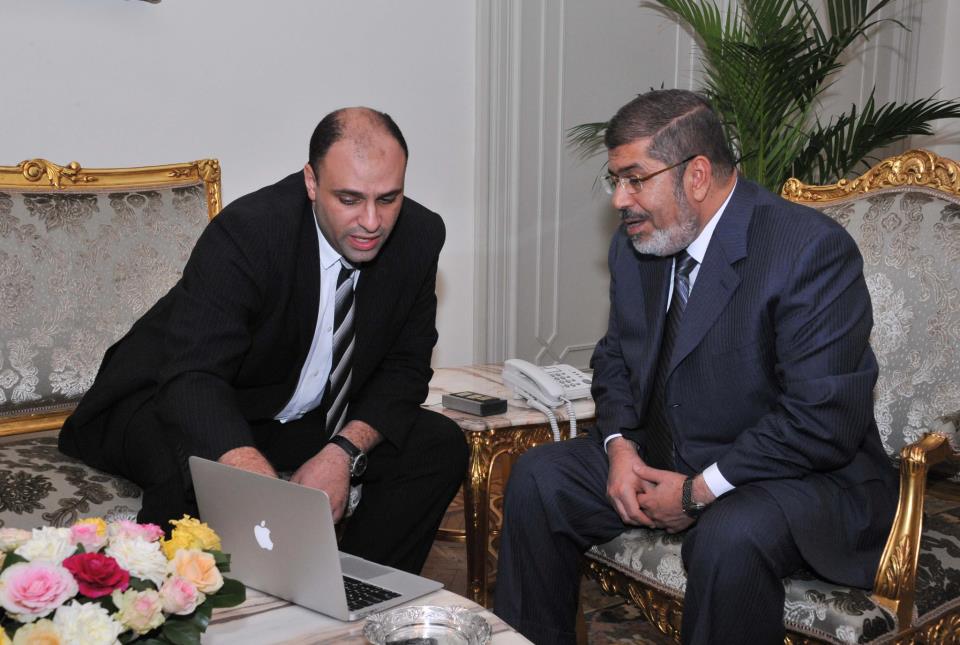Independent observatory Democracy Index said in its periodic report that 733 protests took place over the first quarter of 2016 with an average of 245 protests per month and 6 daily across Egyptian cities.
Democracy Index based the quarterly report on media reports from five local newspapers, an independent fact checking unit, field reporting, official reports and previously published statistics, and figures on movements by organisations and groups critical of the regime in Egypt.
The latest figure indicates a similar pace of protesting compared to the latest quarter of 2015, during which there were 730 protests with an average of 244 protests per month.
The reasons behind the protests were attributed to economic and social demands for 74% of the total number of protests monitored in the report, whereas politically motivated protests represented only 26% of the protests.
The economic demands were brought about by delay in payment of salaries for workers, not receiving incentives, and arbitrary expulsion among other issues.
In early April, dozens of workers in the Nile Cotton Ginning Company went on an open strike inside the company’s headquarters in Mahalla, demanding the payment of late salaries.
Earlier in 2016, Egypt witnessed more protests from taxi drivers who protested against the emerging Uber and Careem services.
Meanwhile, the past few months were marked by a wave of protests demanding civil and political rights. The release of political detainees topped the list of those demands. According to the report, 63 protests took to the streets demanding the immediate release of detainees with 45 protests on the fifth anniversary of 25 January Revolution.
On the anniversary of the revolution, protesters affiliated with the Muslim Brotherhood took to the streets in small groups in several governorates. All over the country minor protests took place, leading to clashes with riot police, and leaving dozens arrested. Although the official number of arrests has not been confirmed, lawyers estimated that 60 protesters were detained.
Following the ouster of the Muslim Brotherhood regime in 2013, the interim cabinet issued a new law to regulate protests—the controversial Protest Law—in November 2013 amid bloody clashes between Brotherhood supporters and security forces.
Since the law was enacted, it has been used to build several cases against students and activists, on charges of “illegal assembly”. Thousands have been arrested in Egypt since then, according to Amnesty International.



